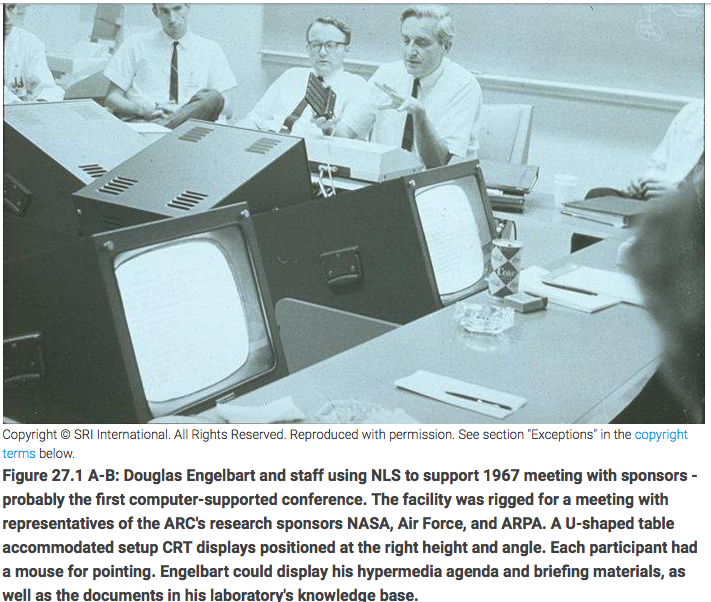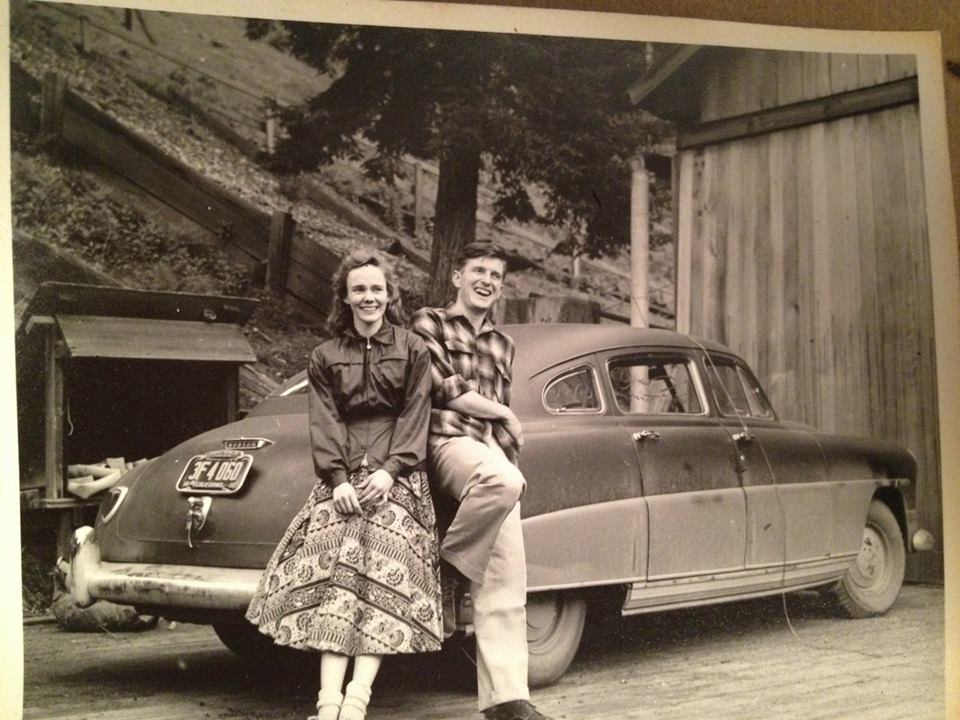A colleague of mine, whom I have great respect for, just sent a fascinating email to a group of global computer science researchers as well as social science and policy making scholars. He wrote in part:
Building robust cognitive systems requires moving beyond task-specific systems, to cognitive architectures where the same system (1) handles multiple tasks, (2) takes an active role in its own learning, and (3) does so over weeks, months, and years without humans who understand its internals in the loop. Of those three things, the first has been done to a limited degree, in that cognitive architectures are capable of doing many tasks.
>>> Opinion: For those with more time to read…
I agree with: “(1) handles multiple tasks, (2) takes an active role in its own learning,”
I disagree with: “(3) does so over weeks, months, and years without humans who understand its internals in the loop.”
Our processes for building robust cognitive systems in academia, industry, and government are not open, agile, or thoughtful enough yet to make rapid and purposeful progress IMHO.
A new teaching curriculum for education, a new discovery process for research, and a new political philosophy for why we are doing this work for economic and societal good are all three much needed.
Picture instead a large population of cognitive entities cooperating… watching and learning from each other – both people and machines.
Reframing “taking an active role its own learning” as Computer-Supported Collaborative Work (CSCW) for test-taking machines and people would greatly accelerate purposeful progress.
=== Reframing hard problems with better processes: A good example
For those with an interest in reframing hard problems with better processes – this is a good example and fun read (though I prefer learn-faster to fail-quicker in the title)…
See: http://www.fastcodesign.com/1663488/wanna-solve-impossible-problems-find-ways-to-fail-quicker
MacCready’s insight was that everyone who was working on solving human-powered flight would spend upwards of a year building an airplane on conjecture and theory without a base of knowledge based on empirical tests. Triumphantly, they would complete their plane and wheel it out for a test flight. Minutes later, a year’s worth of work would smash into the ground.
Even in successful flights, the flight would end with the pilot physically exhausted just a couple hundred meters later. With that single new data point, the team would work for another year to rebuild, re-test, and re-learn. Progress was slow for obvious reasons, but that was to be expected in pursuit of such a difficult vision. That’s just how it was, went the common thinking.
The problem was the problem. MacCready realized that what needed to be solved was not, in fact, human-powered flight. That was a red herring. The problem was the process itself. And a negative side effect was the blind pursuit of a goal without a deeper understanding of how to tackle deeply difficult challenges. He came up with a new problem that he set out to solve: How can you build a plane that could be rebuilt in hours, not months?
===
By thoughtful and purposeful, I mean simultaneously improving people’s skills and machines’ capabilities, in this case for taking-tests.
“Why do one and not both?” Prof. Elliot Soloway (then at Yale, now at University of Michigan) once asked me.
This is the question that shifted my research work at Yale in the 1980’s from building intelligent systems to building tutoring systems with better student models.
Masters research:
Spohrer JC, Riesbeck CK. 1984. ESAU ( Economic Story Analyzer and Understanding): Reasoning-driven memory modification in the economics domain. Yale University. Department of Computer Science.
Doctoral research & later book.
Spohrer, J.C., 1989. Marcel: a generate-test-and-debug (gtd) impasse/repair model of student programmers. Yale University. Department of Computer Science.
Spohrer JC. 1992. MARCEL: Simulating the novice programmer. Intellect Books.
Done right, with the right processes, it is possible to accelerate progress both for people’s skills and machines’ capabilities – value co-creation and capability co-elevation is the basis of service science, an area I have been researching for several years now: https://scholar.google.com/citations?user=7T2Pz1YAAAAJ
New teaching curriculum, discovery process, and political philosophy are much needed IMHO.

Engelbart at work

Shared on Facebook, a yound Doug Engelbart having fun
Of course, this was the focus of the life work of Doug Engelbart, see Augmenting Human Intellect, whom I met when I arrived in Silicon Valley in the 1990’s. Attaching two photographs of Doug – one at work and one when he was much younger
>>>